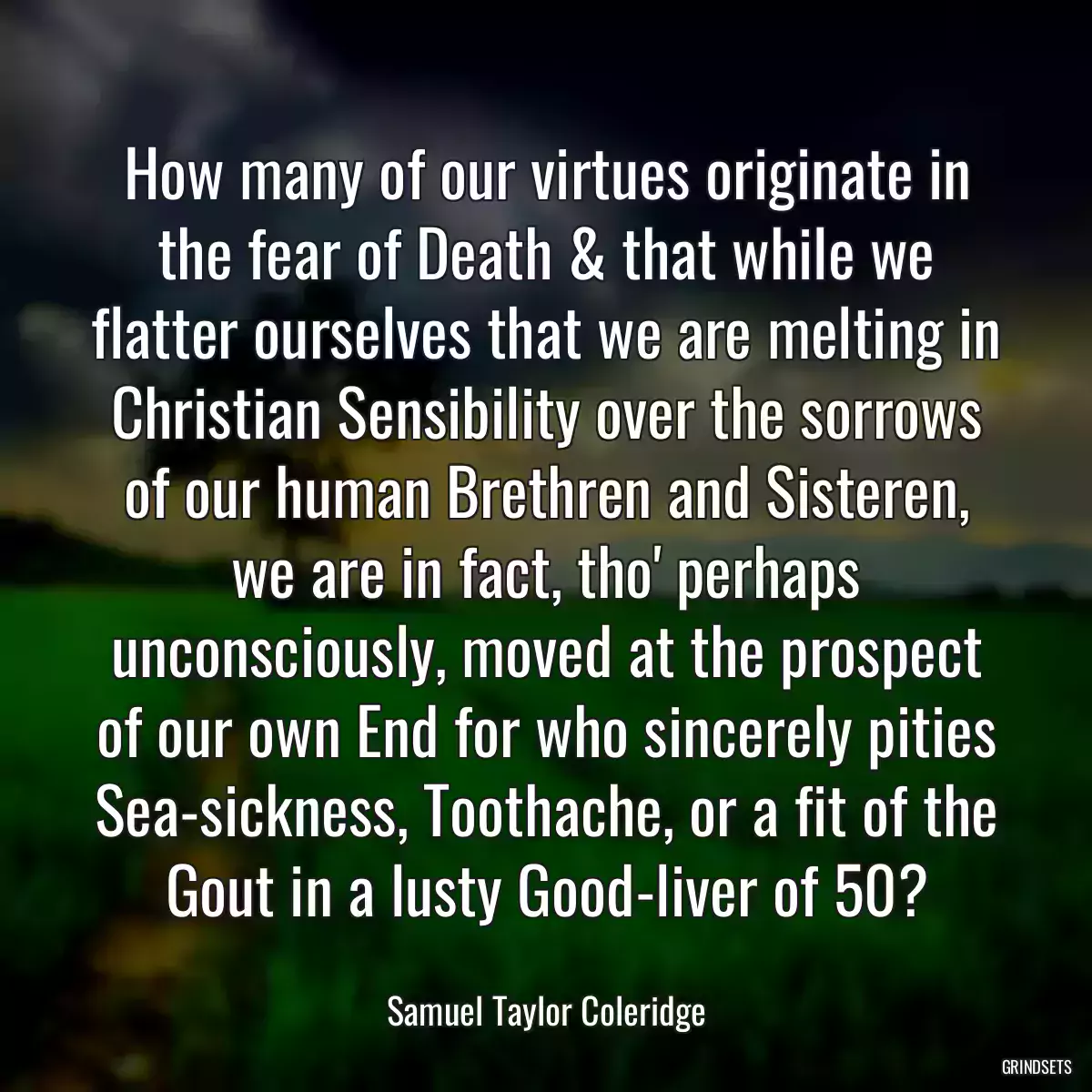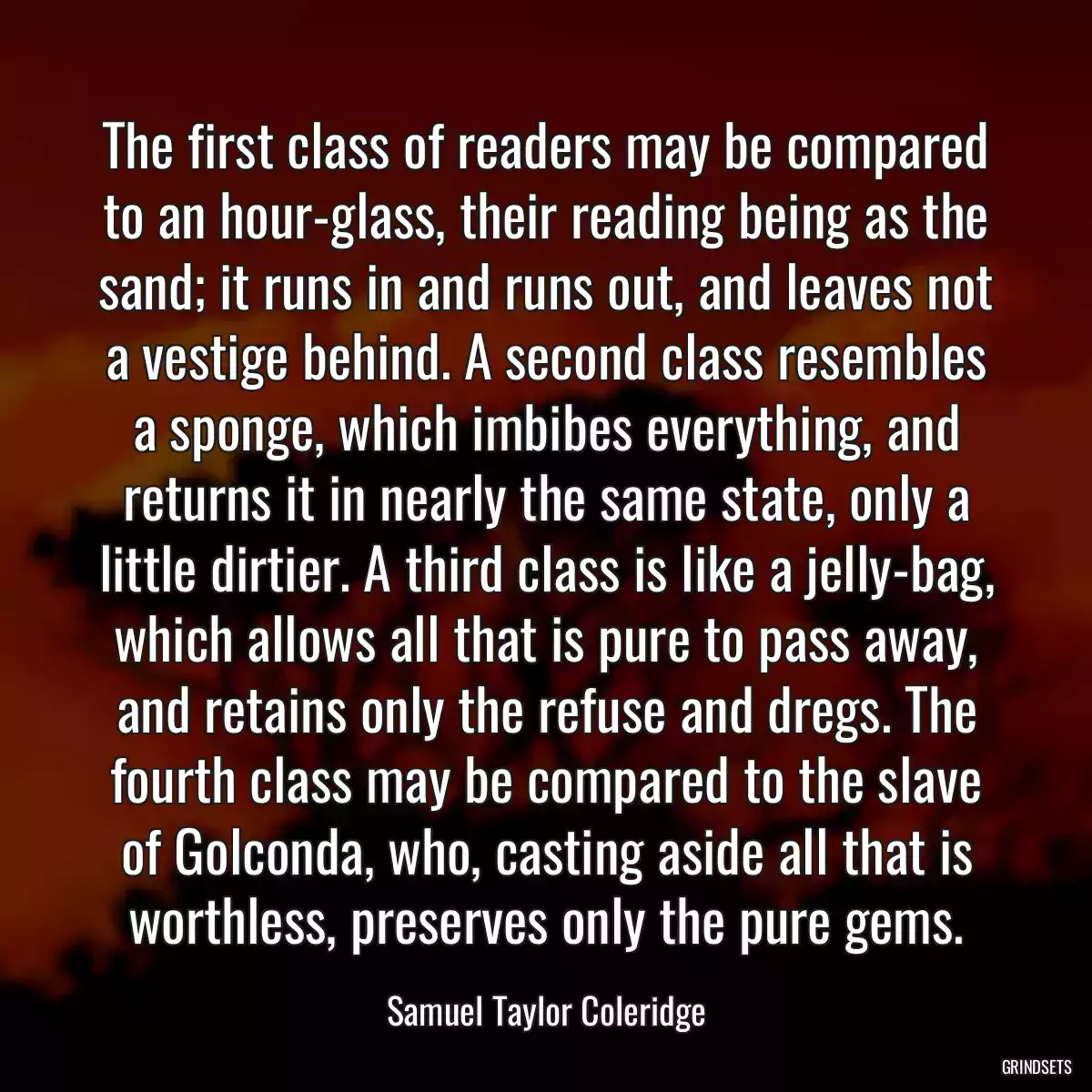![I understood that you would take the Human Race in the concrete, have exploded the absurd notion of Pope\'s Essay on Man, [Erasmus] Darwin, and all the countless Believers-even (strange to say) among Xtians-of Man\'s having progressed from an Ouran Outang state-so contrary to all History, to all Religion, nay, to all Possibility-to have affirmed a Fall in some sense.](/fotos/09/098de8530c42cbd19c81d590f976e7fc.webp)
I understood that you would take the Human Race in the concrete, have exploded the absurd notion of Pope's Essay on Man, [Erasmus] Darwin, and all the countless Believers-even (strange to say) among Xtians-of Man's having progressed from an Ouran Outang state-so contrary to all History, to all Religion, nay, to all Possibility-to have affirmed a Fall in some sense.

